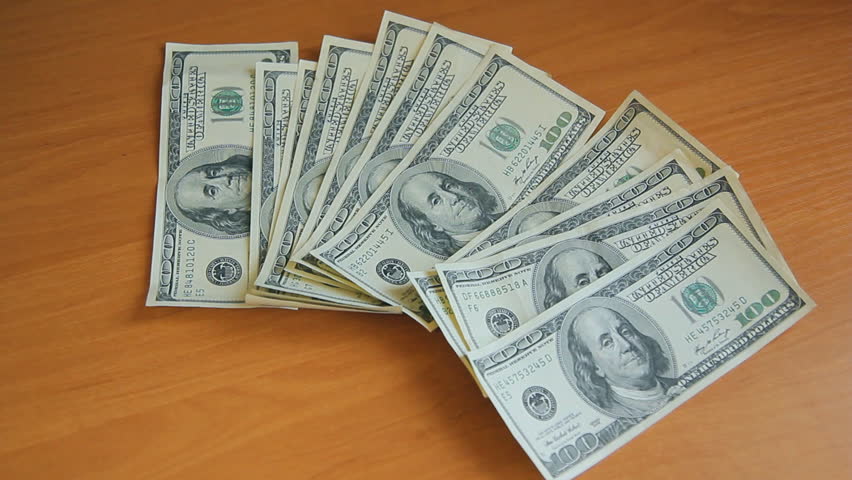CASH BOND or BAIL BOND?


Should you post a Cash Bond or a Bail Bond?
In my last blog I explained Bail Bond Fees, it’s now time to explain cash bonds vs bail bonds.
When a defendant is arrested they have a Cash or Surety Bond of a specific amount. Lets say the amount is $5000.00 for example.
You have a choice of posting a cash bond of $5000.00, that means you will have to take a cashiers check or money order to the jail, in the amount of $5000.00, made out to the Clerk of the Court.
Or you can call the Bail Bondsman, (Tom Culbreth Bail Bonds 321-638-2245 or come see us at 5076 N US=1 Cocoa, FL 32927) and the bond fee would be 10% and collateral consisting of a signature in most cases or physical collateral. And I’ll save the subject of collateral for my next blog…
But did you know that maximum fines and fees WILL be deducted from the cash bond and you will not be refunded all the money you posted on a cash bond?
Per Florida Statute 903.286:
903.286 Return of cash bond; requirement to withhold unpaid fines, fees, court costs; cash bond forms.—(1) Notwithstanding s. 903.31(2), the clerk of the court shall withhold from the return of a cash bond posted on behalf of a criminal defendant by a person other than a bail bond agent licensed pursuant to chapter 648 sufficient funds to pay any unpaid costs of prosecution, costs of representation as provided by ss. 27.52 and 938.29, court fees, court costs, and criminal penalties. If sufficient funds are not available to pay all unpaid costs of prosecution, costs of representation as provided by ss. 27.52 and 938.29, court fees, court costs, and criminal penalties, the clerk of the court shall immediately obtain payment from the defendant or enroll the defendant in a payment plan pursuant to s. 28.246.(2) All cash bond forms used in conjunction with the requirements of s. 903.09 must prominently display a notice explaining that all funds are subject to forfeiture and withholding by the clerk of the court for the payment of costs of prosecution, costs of representation as provided by ss. 27.52 and 938.29, court fees, court costs, and criminal penalties on behalf of the criminal defendant regardless of who posted the funds.History.—s. 57, ch. 2005-236; s. 3, ch. 2008-224; s. 1, ch. 2013-112.
Yes, that is what I said. Any cash bond posted in the state of Florida is held by the Clerk of Court. If the defendant fails to appear then that cash bond pays the forfeiture and you do not get any money back. If the defendant goes to all the required appearances and when the case is over, all fees and max fines are deducted from the cash bond and whatever is left, if anything, is refunded to the person who posted the cash bond.
So lets say you posted the $5000.00 cash bond and the defendant went to all the required court appearances and the case is over. The defendant was charged the max fine of (example$1000) plus the Public Defenders Fees, Court Fees, Cost of Investigation, etc. There may not be any money left to send back to the person who posted the cash bond.
Also, if the defendant had any prior court or probation fees, the cash bond you posted would be applied to what the defendant owes. Even though it came from you and not the defendant.
And did you know that not just anyone can post a cash bond. Per Florida Statutes 903.05
| 903.05 f.s. | Qualification of sureties.—A surety for the release of a person on bail, other than a company authorized by law to act as a surety, shall be a resident of the state or own real estate within the state.History.—s. 48, ch. 19554, 1939; CGL 1940 Supp. 8663(48); s. 21, ch. 70-339. |
So you have to be a resident of the State of Florida or own property in the State of Florida to post a cash bond.
So the choice is a Bail Bond (call us anytime) or giving your money to the local government and expecting to get some back…. I know which one I would choose.